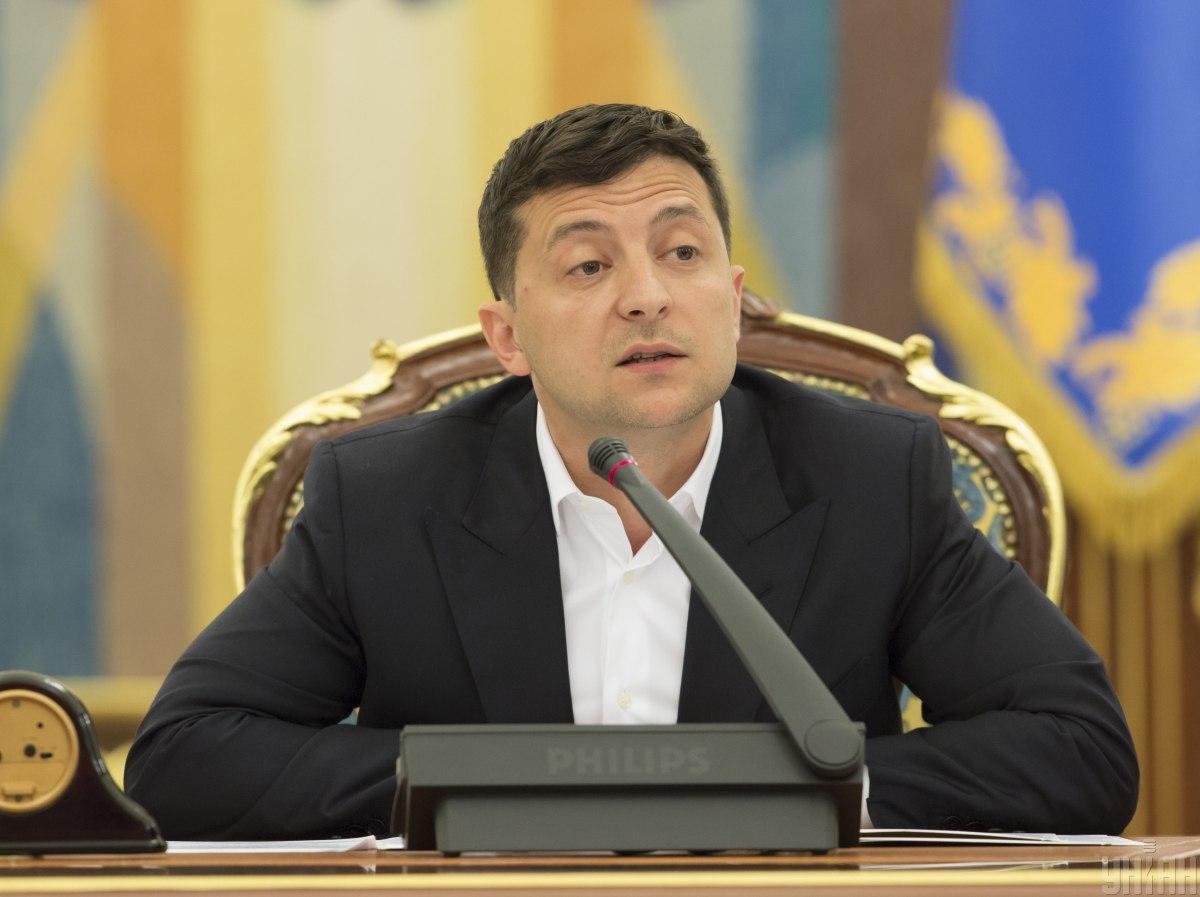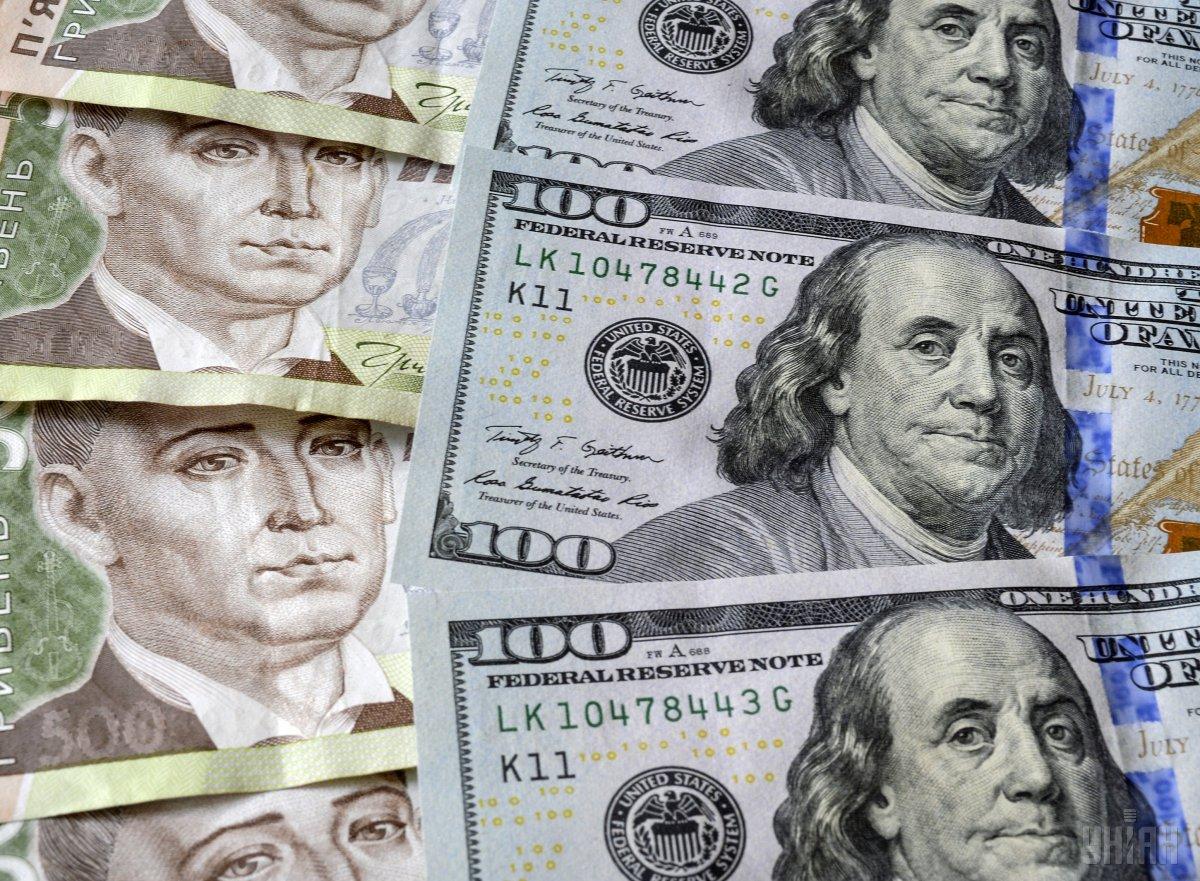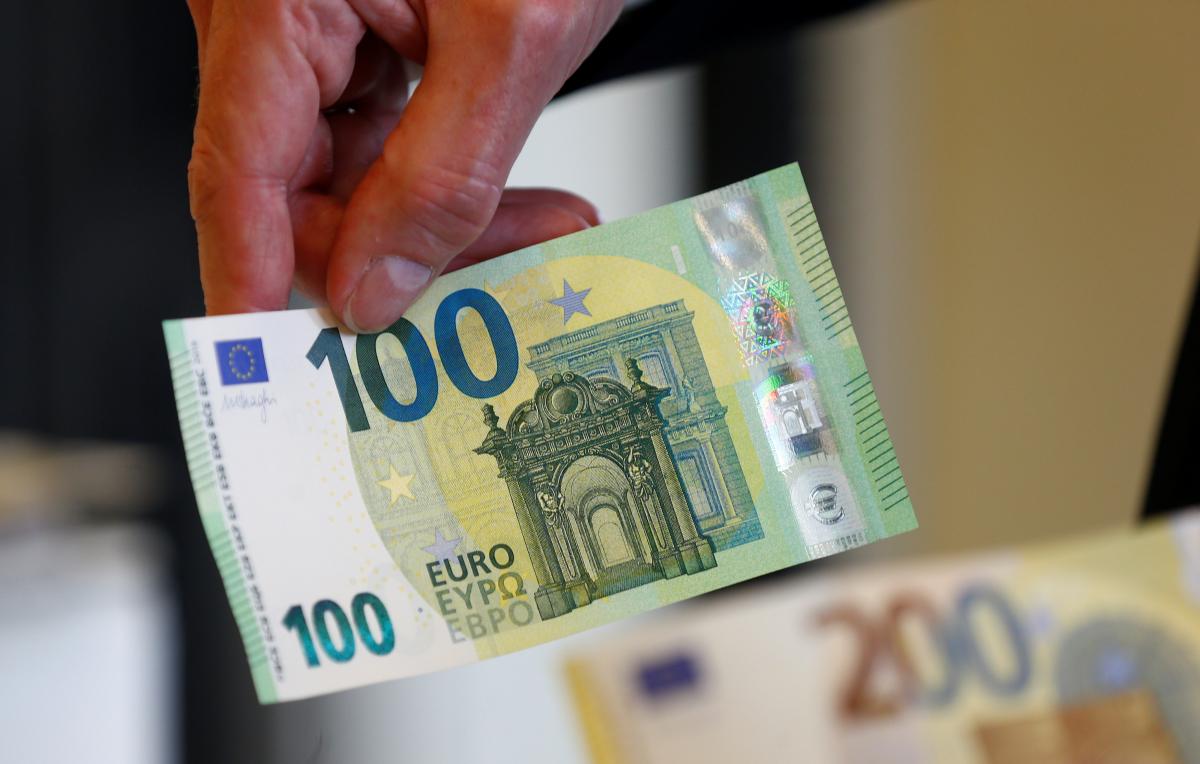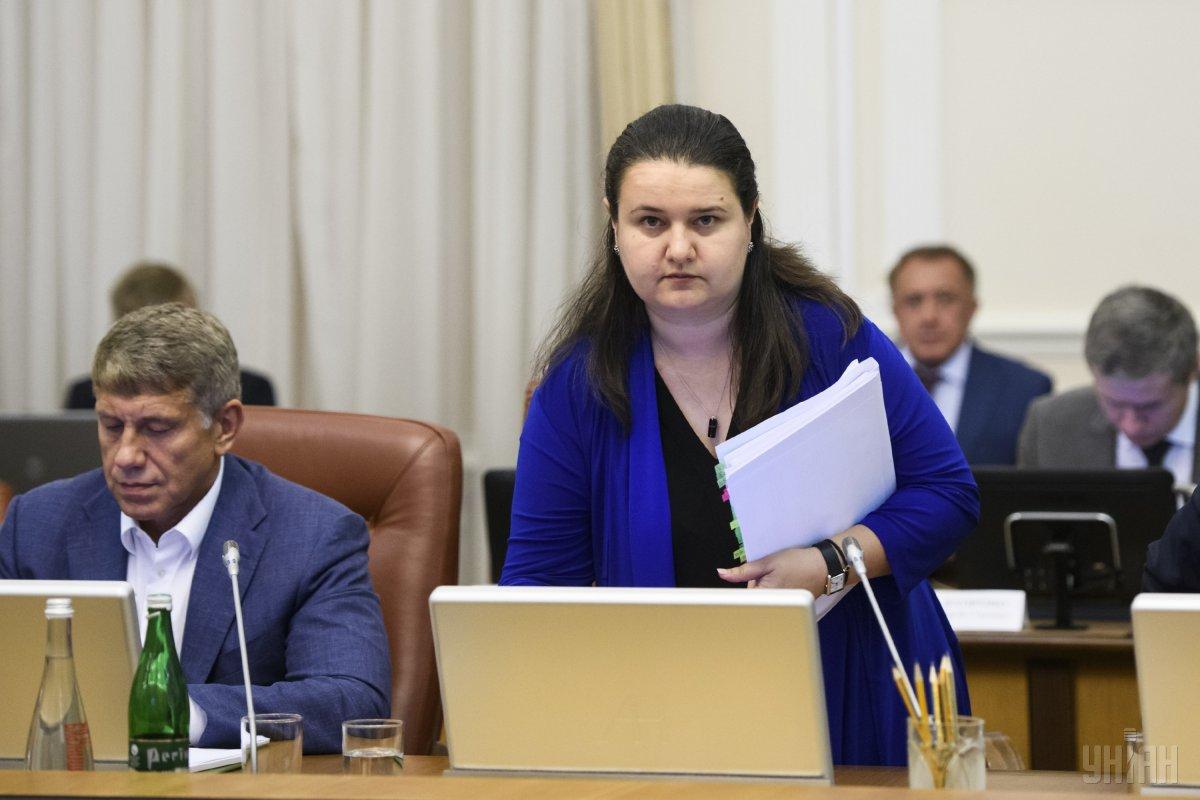
Week's balance: Ukraine prepping up for winter, hryvnia strengthening, and EBRD allocating EUR 250 mln for public transport purchase
The Ministry of Regional Development reported on Ukraine’s readiness for the heating season, non-residents' demand for domestic government bonds strengthened the hryvnia, while the European Bank for Reconstruction and Development allocated a number of loans to Ukraine, including EUR 250 million for municipalities to buy new vehicles – these are the main economic news of the past week.
Summer reached its finish line, and although it's still a whole month until autumn comes, the outgoing week has already hinted at its imminent arrival. Temperatures dropped to just around twenty degrees Celcius, and this means that the start of the heating season is just around the corner. President of Ukraine Volodymyr Zelensky raised the topic during a trip to Cherkasy region. He promised that the negative trends of the previous heating season, which was clearly manifested in the region's town of Smila, will not repeat themselves. Last November, due to the debts of the local heat supplier to Naftogaz, Smila residents were left without central heating.
"For our part, we guarantee that no one will disrupt the heating season. There will be heating. Law enforcement agencies will deal with the situation. We'll certainly make sure it's done as we return to Kyiv," the president said.
Following the head of state, the Ministry of Regional Development, Construction and Housing and Utilities reassured the population before the new heating season. During the conference call, Deputy Minister Eduard Kruhlyak said that the preparation of heat supply facilities for winter operations is ongoing without reservations.

Positive signals are also coming on gas stocks. According to Ukrtransgaz, state-owned operator of the Ukrainian gas transmission system, gas reserves in underground storage facilities after the end of the heating season (from April 2019) increased by 78%, to 15.551 billion cubic meters. At the same time, as of July 27, gas reserves in USFs are 22% higher than on the same date in 2018. In general, Naftogaz plans to accumulate at least 20 bcm of gas.
Rising hryvnia

The outgoing week was a real holiday for ordinary Ukrainians, although domestic exporters weren't impressed. Neither did it bring good news for the national budget. In the last days of July the hryvnia systematically updated its three-year highs. As of July 31, the official national currency rate set by the National Bank amounted to UAH 25.0855 to the dollar. The next day, August 1, the NBU was forced to set the exchange rate at UAH 25.0207 hryvnia per dollar. Thus, since the beginning of July, the national currency has strengthened against the dollar by more than 4%, and since the beginning of the year – by more than 9%.
According to Serhiy Fursa, a specialist with Dragon Capital, the situation has already become slightly abnormal even taking into account traditional seasonal trends. He believes that the main reason for strengthening is the expansion of non-residents into the domestic bond market. On Tuesday, another auction was held, where the Ministry of Finance raised about UAH 17 billion.
"The lion's share of funds accounted for longer bonds. Five-year government bonds were sold in the amount of more than UAH 10 billion, two-year bonds yielded UAH 5.3 billion. It is such bonds that account for non-residents' demand. As a result, foreigners bought securities worth more than $500 million, which logically caused an imbalance in the foreign exchange market. The total portfolio of non-residents has already reached about $3.5 billion," said Fursa.
Since the beginning of the year, foreigners have increased their investments in government bonds of Ukraine to UAH 86 billion. That is, a little more than six months, the influx of "hot" capital in Ukrainian debt securities exceeded the total inflow of foreign direct investment in the economy over the past year.
According to Fursa, such a strengthening of the hryvnia is a negative trend for the Ukrainian economy, and most importantly, it does not reflect its real "temperature". "Strengthening is not the result of structural changes in the economy when we began to export more and import less, or when we significantly changed the investment climate, which attracted a lot of direct investments. This is the result of a situational approach by portfolio investors, which in one way or another has a local nature and isn't a stable trend. Sooner or later it will end, the hryvnia will have to return to its usual state, and then we will once again see the stressful maneuvers of the national currency," the expert emphasized.
Investor interest in Ukrainian government bonds may disappear if the rates of return on these securities are reduced, which are now at one of the highest levels worldwide. This means that the interest of non-residents is based on a simple desire to make some quick money, which can cool off rapidly as interest rates decrease or negative news emerge. Moreover, unlike classical investors who contribute to the growth of the Ukrainian economy and create jobs, debt securities buyers are more mobile and not at all interested in the economy growth that would reduce their speculative profits.
On the other hand, as Mykhailo Rebryk, senior analyst at Raiffeisen Bank Aval, noted, the rapid strengthening of the national currency affects the financial condition of domestic exporters. After all, Ukrainian farmers and metallurgists have to sell foreign exchange earnings at a lower cost, there is no way to wait for a profitable time – they need to pay taxes and cover current expenses. And then they will have to buy foreign currency again in order to pay for energy, prepare for sowing or purchase imported equipment. It's unclear what the rate will be at that moment. The Ukrainian budget also suffers from such strengthening of the hryvnia, failing to receive target payments tied to the exchange rate.
EBRD loans to Ukraine

Despite experts' fears regarding the abnormal strengthening of the hryvnia exchange rate, international lenders continue to believe in the stability of Ukraine's economic development. In the past week, the European Bank for Reconstruction and Development adopted a series of decisions on issuing loans to our country. In particular, the EBRD will allocate EUR 250 million for the second phase of the project to upgrade the infrastructure and public transport of Ukrainian cities. The program started in 2018 and provides for the renewal of the fleet of trolleybuses, trams, buses and subway, as well as the development of infrastructure in 11 cities. This year, Poltava will be the first to participate in the program and purchase 40 new trolleybuses.
The EBRD will also provide Ukrenergo with a loan of EUR 149 million for the modernization of electric networks. This investment will help the state-owned company upgrade its key infrastructure, which is necessary for synchronization with European networks. In particular, Ukrenergo uses this 15-year loan under a state guarantee for the purchase of 26 new transformer points, as well as the automation and modernization of 12 high-voltage substations at key points of the Ukrainian power transmission network.
Last week it became known that the EBRD intends to allocate $80 million to Kernel agricultural holding to replenish working capital. This money will be used to purchase, store, process, and transport oilseeds and vegetable oil products, as well as export them.
The EBRD also demonstrated confidence in the Ukrainian economy by acquiring 20% of Naftogaz five-year Eurobonds, which amount to EUR 600 million. Naftogaz noted that EBRD financing would be used exclusively for the purchase of gas.
Personnel appointments
The outgoing week, among other things, was rich in personnel appointments. On Wednesday, President Zelensky introduced Secretary of the National Security and Defense Council, Oleksandr Danyliuk, and Head of the State Tax Service, Serhiy Verlanov, to the National Council on Anti-Corruption Policy. The head of state also appointed Natalya Buromenska and Olha Nechitaylo as state representatives of the Antimonopoly Committee of Ukraine. Thus, the guarantor continued upgrading the agency. Earlier, Valery Poliukhovych and Agia Zagrebelskaya were dismissed from their posts as state representatives of the Antimonopoly Committee.
In addition to the president’s staff appointments, a number of other personnel changes took place this week. In particular, the PrivatBank Supervisory Board got a new chair, Sharon Easky, who in the past held the position of international adviser to the U.S. Treasury and an expert advisor to the International Monetary Fund. Minister of Finance Oksana Markarova commented on the appointment.

According to her, the new composition of the Supervisory Board has an ambitious goal – to prepare the bank for privatization until 2022. "Our task is to make the bank's operations as accountable as possible to our owners, Ukrainian taxpayers, and to make future privatization as transparent and efficient as possible," Markarova emphasized.
It also became known that the former mayor of Warsaw and the current deputy of the Polish Sejm, Marchin Švenczycki, will become Business Ombudsman of Ukraine. According to the outgoing Business Ombudsman, Algirdas Semeta, his successor will start his work this fall. It is worth noting that the business ombudsman plays a very important role of conducting a dialogue with international partners of Ukraine on fighting corruption.
The outgoing week also gave the residents of Cherkasy and Ivano-Frankivsk hope for an early opportunity to fly from their own city airports. At least, such a promise was given by the president during his trips to these regions. He assured the residents of Cherkasy that this year a runway will appear at the local airport, and in parallel, Kyiv businessmen will build a terminal there. Thus, according to the guarantor, in the next two years there will be an international airport in Cherkasy.
The president promised residents of Ivano-Frankivsk that he would complete the construction of a local international airport: in this case, a little faster, within 18 months.
The second week of August, most likely, will also see a relative economic lull in anticipation of the start of the work of the renewed parliament and the formation of the new government. However, life never stops – the hryvnia will continue to be in the spotlight, the State Statistics Service will report on the inflation rate for July, while farmers will continue delivering pleasing news about the progress of the harvesting season with views of a record-high crop.
Oleksandr Kunytsky

